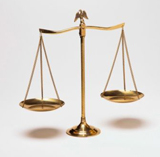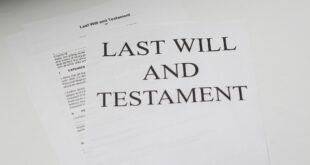To create a trust, a person (the settlor) gives money or property to another person (the trustee), to be held in trust for the benefit of either the trust's beneficiaries, or a purpose recognised by law. There should be a signed trust deed (agreement) that acknowledges the settlement, but it is possible to establish a trust verbally.
The trustee holds the trust 's property in trust for the beneficiary, and administers or manages the trust. A trustee includes an executor or administrator of an estate, which may be the Public Trustee or the Maori Trustee. Companies may also act as trustees.
A settlor of the trust is any person who directly or indirectly does any of these things, or who has done so in the past:
- disposes of any property to the trust for less than its market value
- makes property or funds available to the trust (or for its benefit) for less than market value
- provides services to the trust for less than market value
- acquires any property or service from the trust for greater than market value.
- Trusts may also be settled by companies.
 Determining who is a settlor of a trust and whether they are a resident is important for establishing whether the trust's overseas income is taxable in New Zealand. These factors also affect the category of a trust, and therefore which distributions to beneficiaries are non-taxable.
Determining who is a settlor of a trust and whether they are a resident is important for establishing whether the trust's overseas income is taxable in New Zealand. These factors also affect the category of a trust, and therefore which distributions to beneficiaries are non-taxable.
A settlement is any action that makes a person a settlor of a trust. This includes any failure to act, and entering into any transactions that are part of one of the actions listed above.
Courtesy of IRD









Join the Discussion
Type out your comment here:
You must be logged in to post a comment.